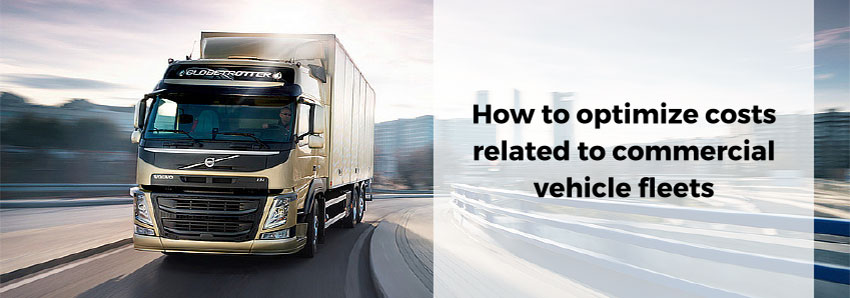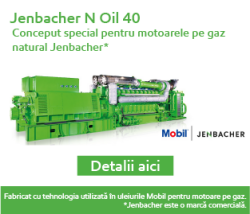How to optimize costs related to commercial vehicle fleets
 How to optimize costs related to commercial vehicle fleets
How to optimize costs related to commercial vehicle fleets
The maintenance of commercial vehicles and their care is time and finance consuming, so it is important that these activities take place correctly and efficiently.
Some managers of commercial vehicle fleets try to find alternatives that would help them eliminate the need for frequent oil changes for the vehicles or for frequent technical inspections. These practices must be avoided, as the technical consequences can be serious.
Managing a fleet of vehicles is a complex task that requires attention to details and both technical and economic knowledge. These qualities of a good manager of commercial fleets prove to be essential in the process of costs optimization.
How can you optimize costs related to the commercial fleet?
The process of costs optimization for a commercial fleet can be difficult and may take a long time, depending on its size, on the age of the vehicles that make up the fleet, on their maintenance needs and on the route they run on. Also, the extent to which costs may decrease depends on the relationship with the suppliers of maintenance products and services, but also on the relationship with the employees.
Below you can find some ideas that you should consider in this process:
The measurability of resources
Every manager should know that what cannot be measured cannot be managed either. It is therefore advisable to perform a periodic audit in order to see which are the measurable resources and elements and which are not.
In terms of measurable elements, make sure they pass through a quality control, an inventory and that they can be used effectively. For example, fuel and oil consumption are measurable and can be planned and optimized in the long term.
The relationship with the suppliers
If the relationship with the existing suppliers is good and lasting, it is very likely that you can enter into a partnership that will ensure lower maintenance costs and high-quality services. If you already have a longstanding relationship with your suppliers, make a brief market research to compare prices and see if the rates you are being offered are the most convenient.
The age of the vehicles
It is a well-known fact that older vehicles are more expensive than newer ones. Although a vehicle fleet renewal may seem a huge investment at this time, it would have an unexpected impact on the company’s finances. In this case, it might even be recommended to appeal to funders offering convenient loans.
An old commercial vehicle requires monthly maintenance works, repairs and much more fuel, while a new one is covered by warranty and consumes much less.
The employees’ driving style
If some trips with commercial vehicles end with an optimal fuel consumption and others with a higher consumption, then it is recommended to encourage an effective driving in terms of fuel among your employees. Also, the implementation of a program to reduce the risk of accidents can bring you significant benefits regarding costs optimization. See here 5 tips for managing the risk of accidents.
Choosing high-performance lubricants for commercial vehicles
Choosing the lubrication products for the vehicle also falls under the maintenance category. If the density, durability or oil concentration are not suitable for the type of vehicle used, it will burn more quickly, and the oil change will need to be performed at much shorter periods of time. Therefore, the costs will increase.
It is therefore important to choose high-performance oils for commercial vehicles. Whether the fleet you are managing includes new or old vehicles, it is recommended to consult a specialist when purchasing automotive lubricants.
For more details about choosing the right lubricant and about cutting down the cost for commercial vehicle fleets, confidently get in touch with one of the Star Lubricants specialists. Click on the image below and request a customized offer for your fleet.







